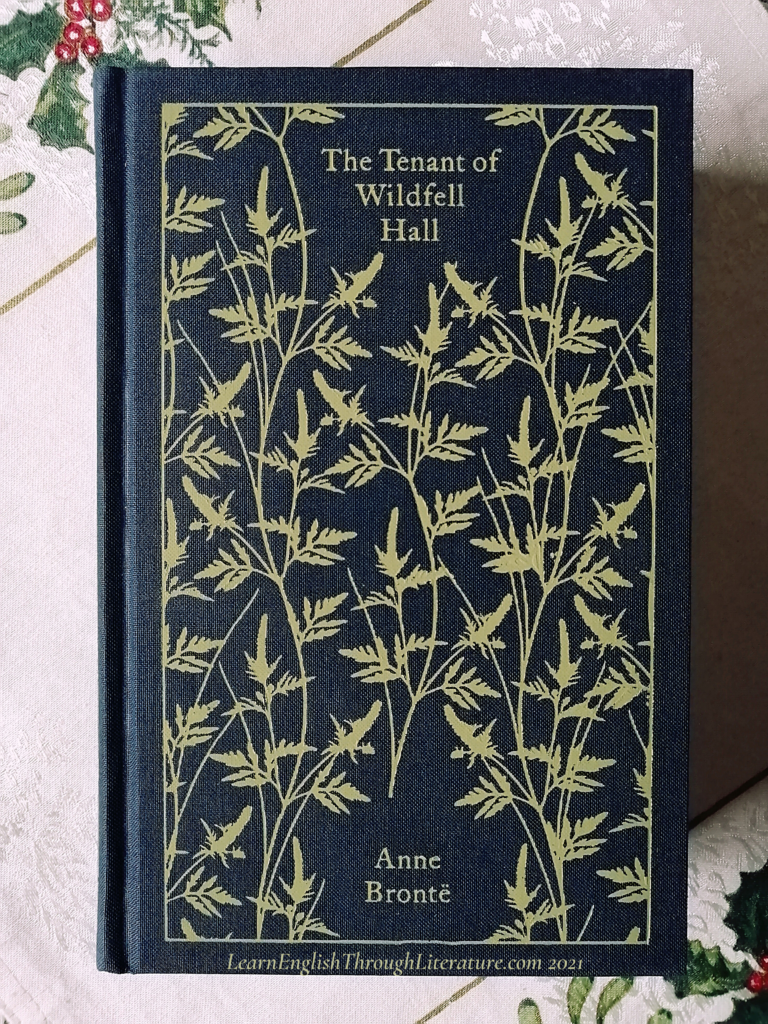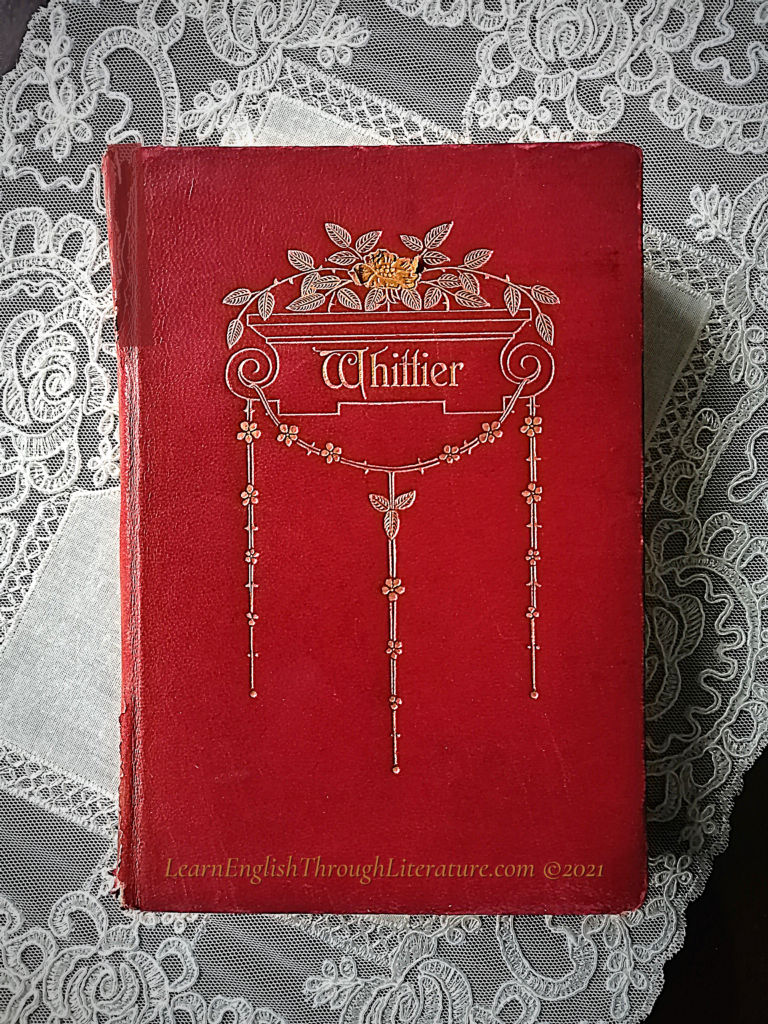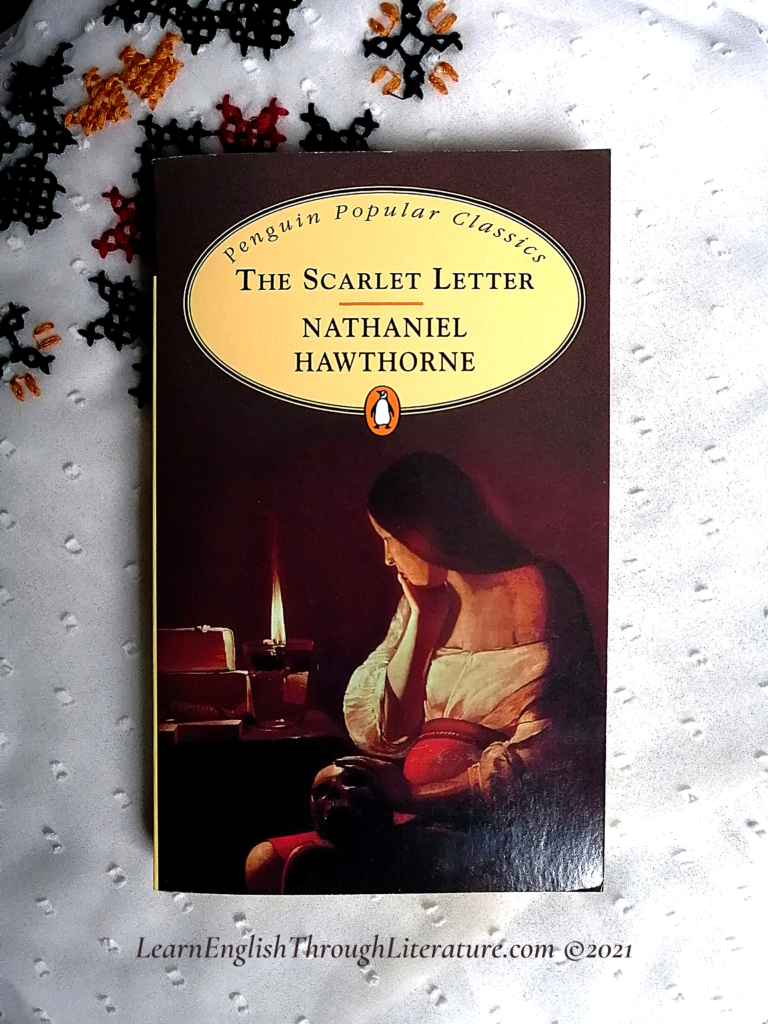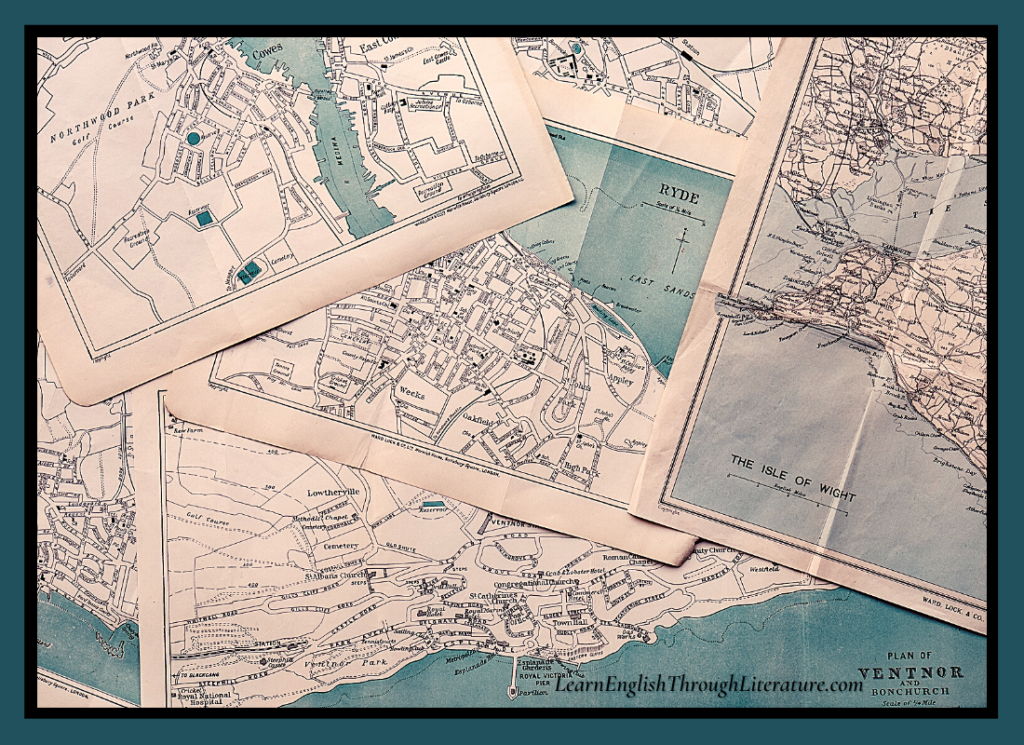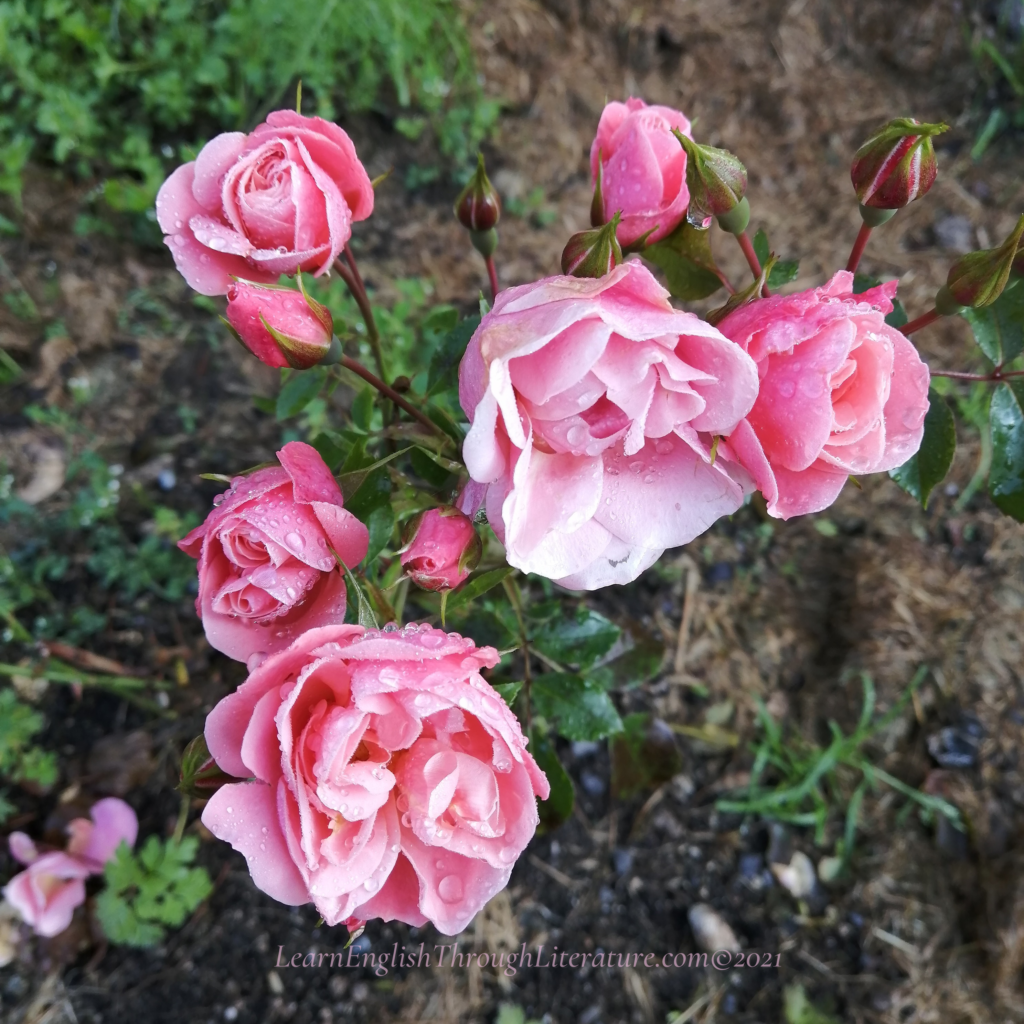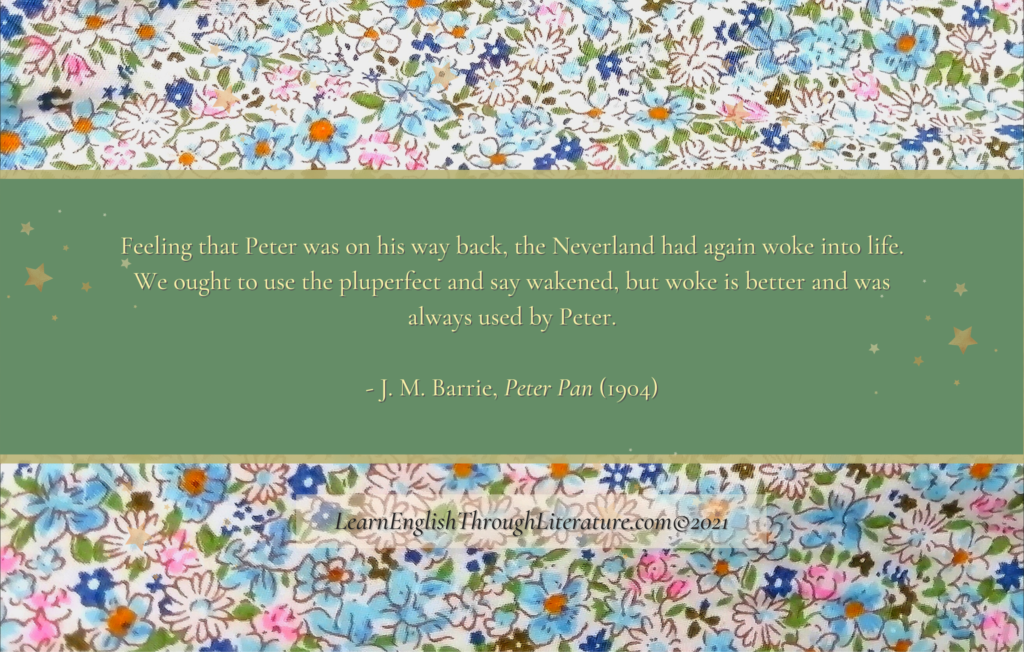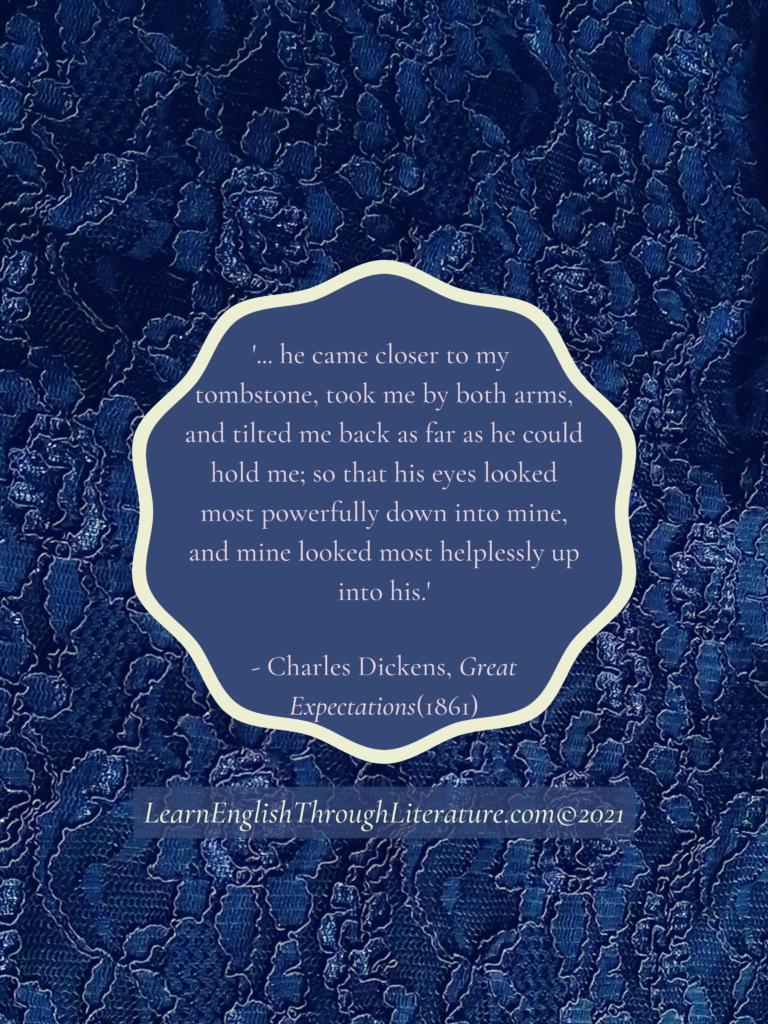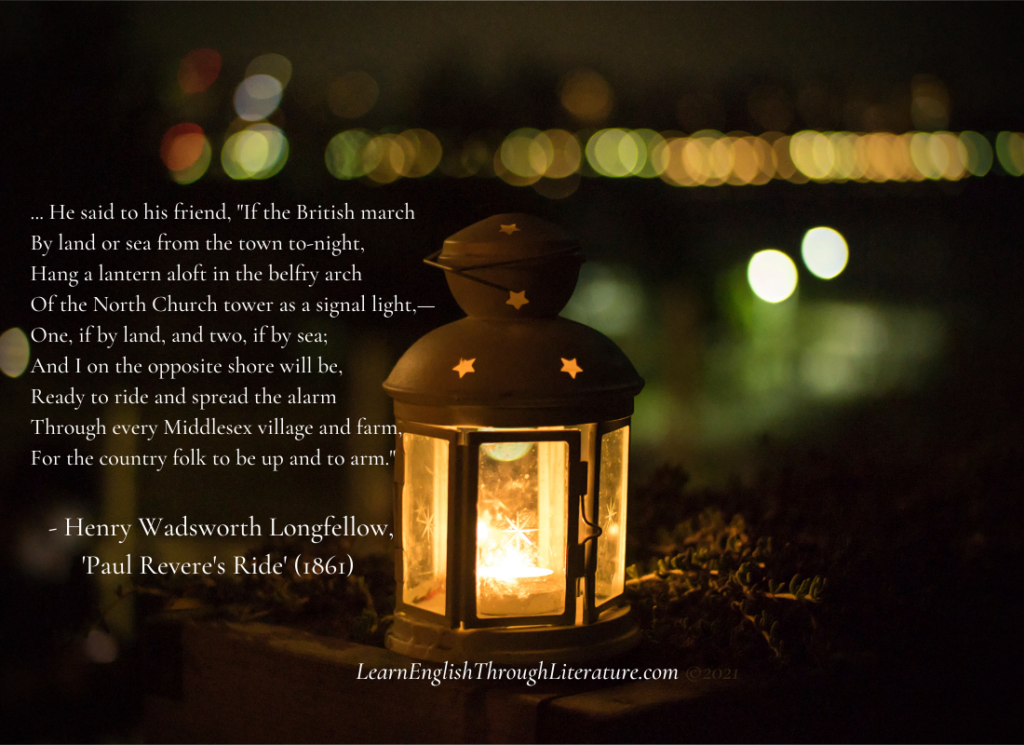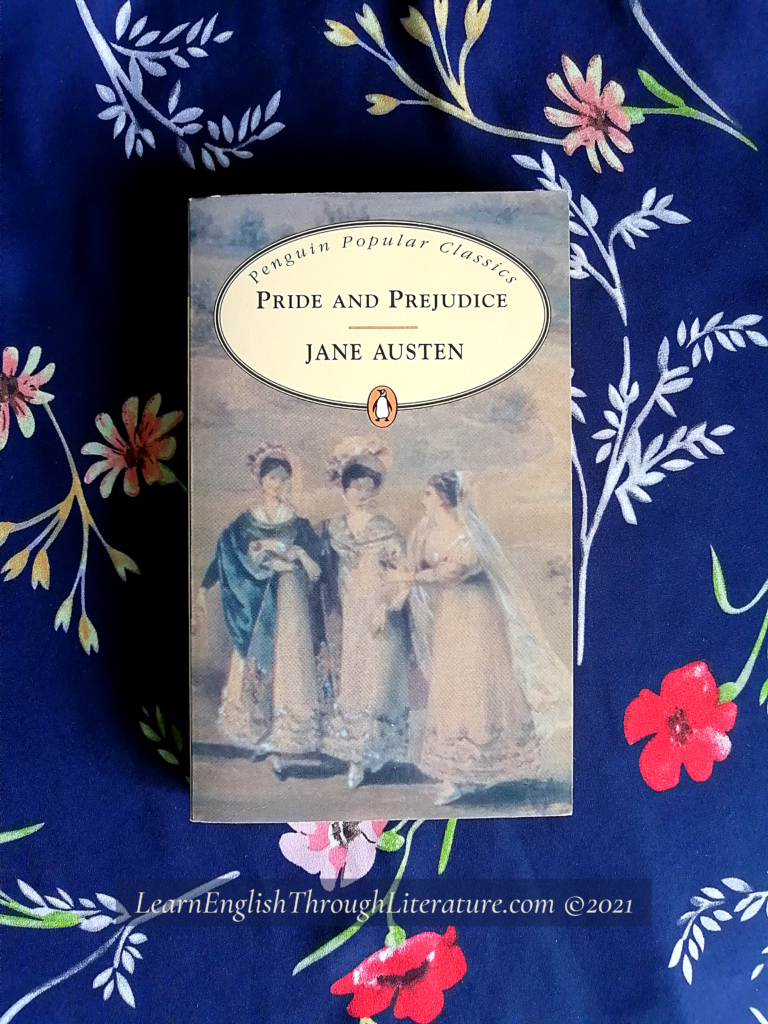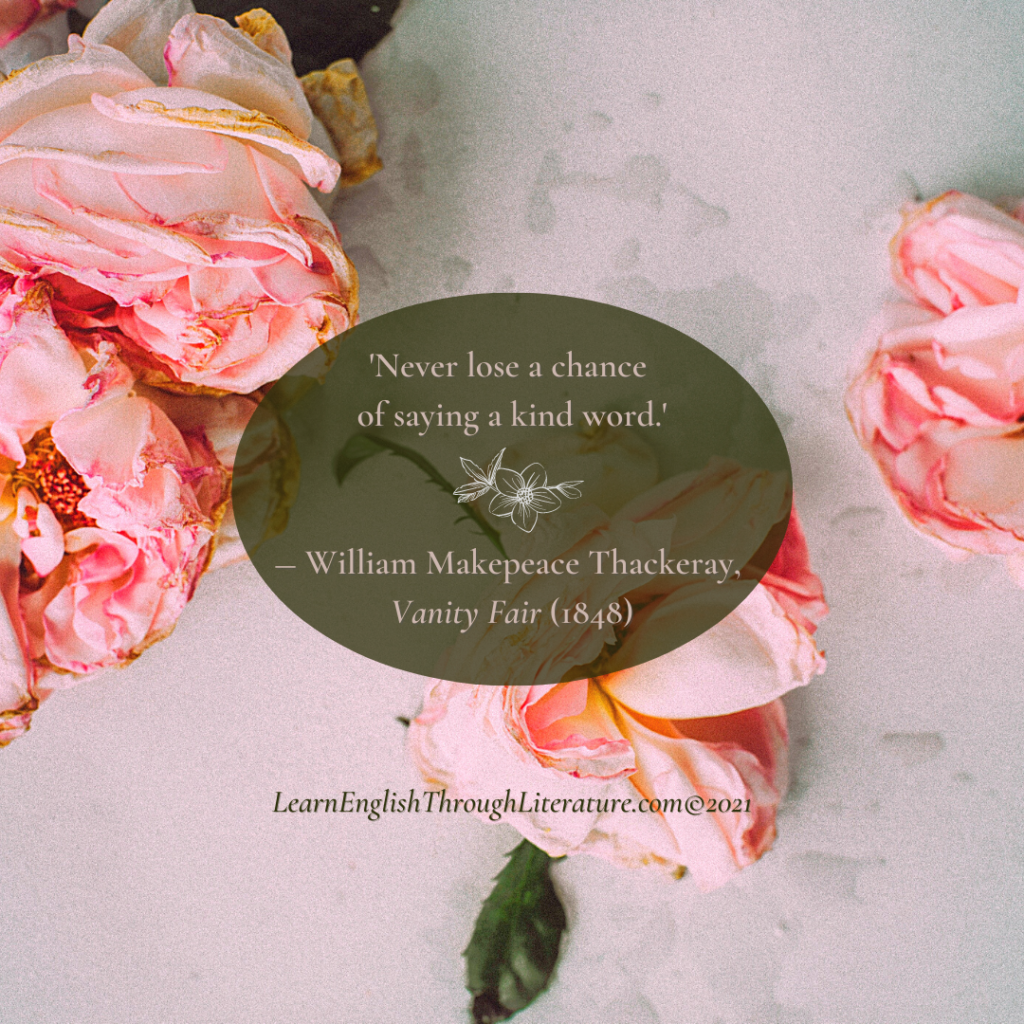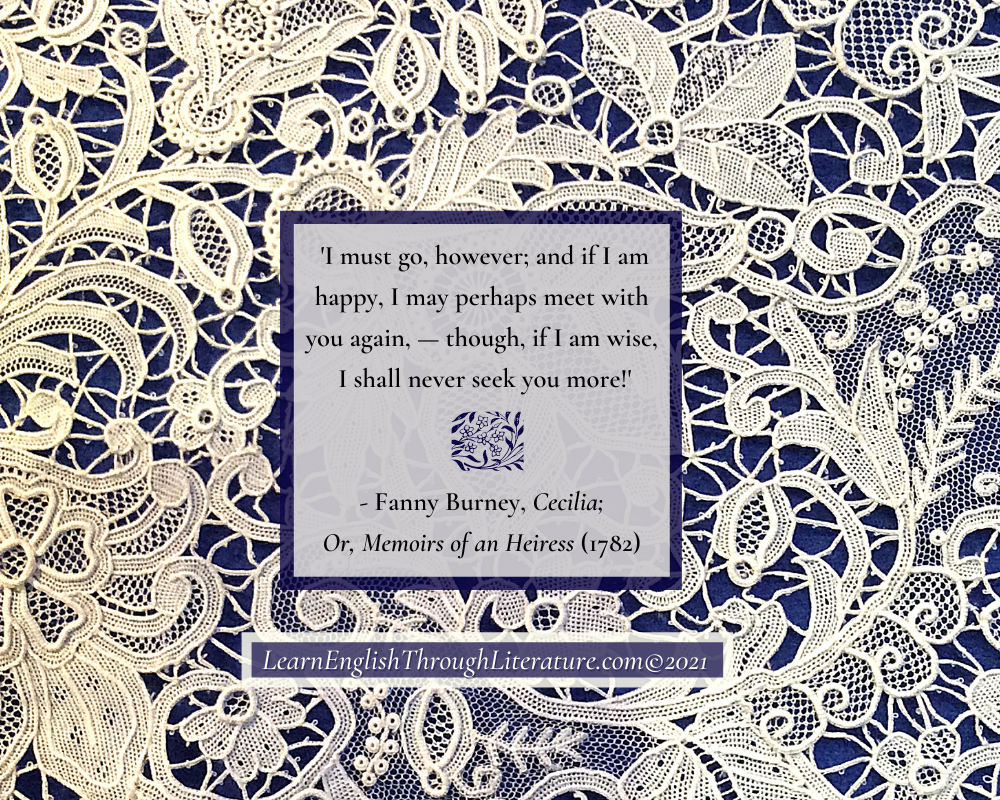Mini-Lesson Monday, Lesson #194 (Part 1): ‘Must’, ‘Have To/Have Got To, ‘Should’, And ‘Ought To’: Modal Verb Forms That Express Obligation
📗 ‘You must go back with me to the autumn of 1827.’ – Anne Brontë, The Tenant of Wildfell Hall Since modal verbs (also known as auxiliary or helping verbs) are so important in English, we are going to look at four forms that are sometimes problematic for English learners of all levels. These are […]

